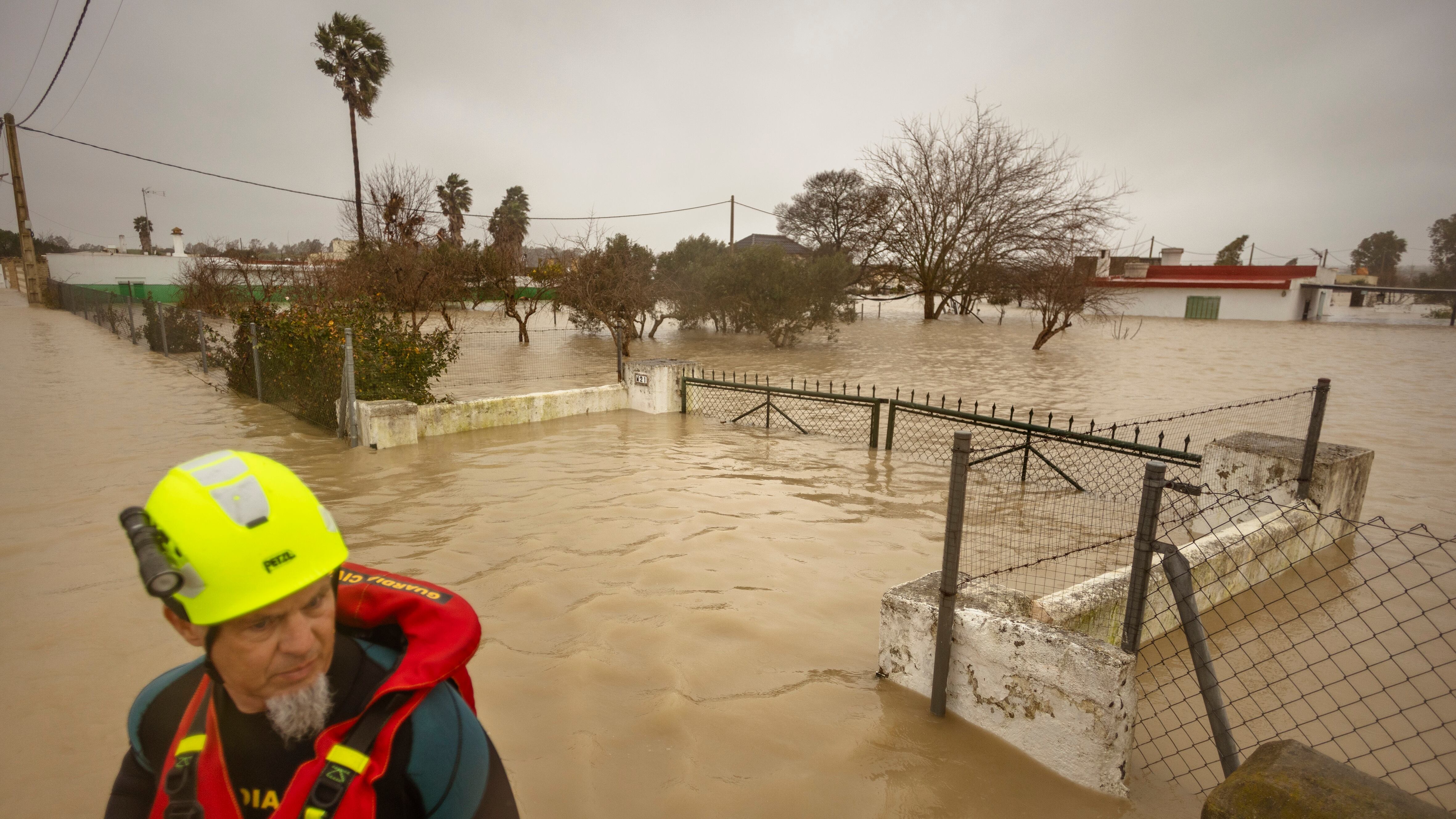Environment
Storm Leonardo forced thousands to evacuate in southern Spain and prompted red flood alerts in parts of Andalusia, closing schools and cutting dozens of roads.

Das Berliner Verwaltungsgericht hob die städtische Sondererlaubnis für privaten Einsatz von Tausalz auf, nachdem der Naturschutzbund (Nabu) dagegen geklagt und Erfolg gehabt hatte.

Met Éireann issued orange and yellow rain warnings for Waterford, Wicklow and southeast Ireland including Dublin for Thursday, while Greece's weather service warned of heavy storms and strong winds.

